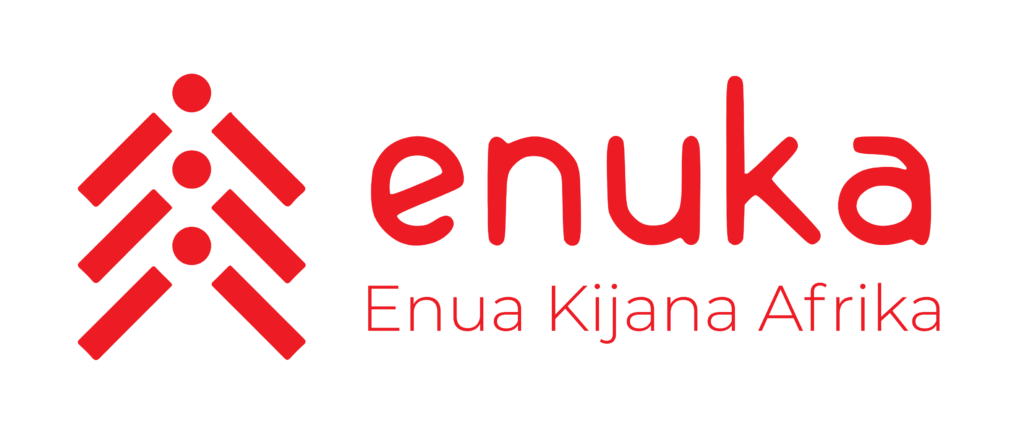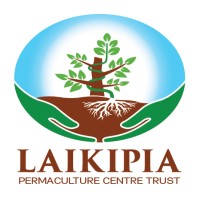Our Projects
Reviving Indigenous Leather Craft: A Cultural Mission by Sulha Afrika
At Sulha Afrika, we are inspired by the Wangozi people—the ancestors of the Swahili—renowned for their advanced leather craftsmanship, which predates foreign influence. Determined to preserve this endangered craft, we co-authored a research paper with a renowned Doctor in Leather Technology, focusing on Lamu Archipelago practices. We presented our findings at the 126th annual conference of the Society of Leather Technologists and Chemists in Northampton, UK.
To further our mission, we’ve partnered with Enuka, whose work centers on bridging generations through mentorship and co-creating sustainable solutions with communities. Together, we are documenting this heritage through written, photographic, and video formats while ensuring skill transfer to future generations. Our focus is on Siyu village, one of the most marginalized areas in Lamu County, to empower its residents with sustainable economic opportunities while keeping this ancestral knowledge alive.
By combining our expertise and Enuka’s mentorship network, we aim to foster intergenerational knowledge sharing, ensuring the legacy of African leather craftsmanship thrives for years to come.
Our Partners:


















Exploring the Leather Value Chain within Laikipia County
At Sulha Afrika, we’re thrilled to collaborate with the Laikipia Permaculture Centre Trust (LPC) on an exciting project to explore the full leather value chain within Laikipia. From sourcing raw hides and skins to producing high-quality finished leather goods, our goal is to empower women and youth along the way.
LPC’s community-led approach, rooted in sustainable resource management and gender equality, aligns with our mission to build eco-friendly, circular systems. Through this partnership, we’ll ensure that each step—from flaying materials to crafting finished leather products—contributes to both economic growth and environmental regeneration.
Together with LPC’s network of self-help groups and expertise in sustainable practices, we aim to unlock new opportunities in leather production. This initiative will not only preserve indigenous skills but also provide essential income streams for women and youth, fostering resilience in a region deeply impacted by climate change.
We look forward to co-creating a vibrant, sustainable leather ecosystem—rooted in African tradition and regenerative practices—for future generations.
Our Partners:
